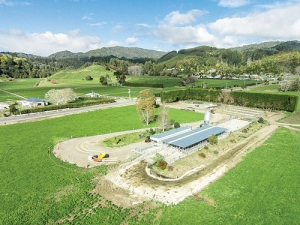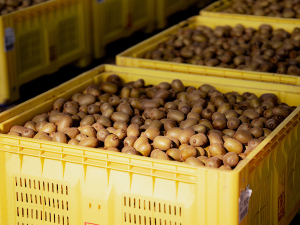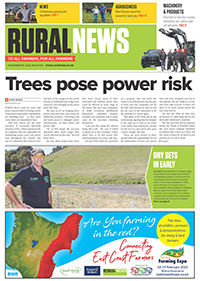Leasing support land can work very well, however it commonly involves a big investment of time and money.
Risks and benefits need to be assessed before commitments are made, to ensure the proposal fits with the purpose of the farming business.
Leasing provides control over the support feed, allowing more efficient use of that feed, and owners can ensure that stock and supplements sourced from the lease meet targets. For these reasons the net profit from leasing support land is often quite low, as a lessee (or tenant) will be prepared to pay for the benefit of having control.
Environmental regulations must be investigated more rigorously than in the past. And there is a relatively standard expectation that the property will be returned in at least the state it was at the commencement of the lease, so careful consideration of the risks, benefits and foreseeable costs to achieve this are essential before entering into an agreement.
To help weigh up the risks and benefits, the following questions could be considered before entering into a lease agreement.
Does the lease proposal fit the purpose of the farming business?
Determine a purpose statement first, describing what the farming business' purpose is, then any investment considered needs to be aligned with that purpose.
Does the lease proposal fit the needs of the lessor?
Ensuring that the lease fits the needs of both parties requires full and open discussions before entering into an agreement. Knowing what is likely to upset the lessor, or landlord, is essential to minimise the risk of disputes and increase the probability of obtaining further terms.
Make sure you are comfortable with meeting these expectations; they may be unrealistic.
How reasonable is the lessor to deal with?
The lessor is in a business relationship with the lessee so both parties need to be comfortable that they can work through issues as they arise. Emotions come into play when dealing with land; common sense can go out the window!
What is the impact of the lease proposal on the cost structure of the overall business?
All costs of the lease need to be included, including a contingency for dispute resolution as these occur and can be costly. The repairs and maintenance provision needs to be adequate. Often there can be a big investment in getting a lease up and running; is this costed properly?
Has a full property inspection been carried out?
Commonly issues with soil fertility, poor fertiliser history, weeds and poor maintenance occur on lease land; the effect of these issues needs to be budgeted for. Digitally dated photos of areas likely to be requiring work over the lease term are useful to record the prior condition. For both parties' protection, having a professional inspect the property prior to the commencement can be worthwhile.
Ultimately the higher the quality of evidence provided the better the result in a dispute resolution process.
Consider the significance of the benefits from the lease proposal: is it worthwhile for a minor benefit or would the owner's time be better focussed on another investment?
What time commitment from owner/dairy farm management team will be required?
Consider the impact on management of the dairy farm. Will the time involved result in the dairy farm getting less management input than it requires? Larger scale operations have the ability to lease larger support operations and fully staff them with full time managers to minimise this risk. Many farms that lease runoffs end up having to either work more or employ more staff.
Will the proposal work under environmental rules?
In Canterbury, for example, a lessee will need to ensure that the proposal will meet Environment Canterbury rules. If the property is irrigated under an irrigation scheme, the lessee will need to ensure that the proposal will be allowed by the irrigation scheme rules.
An example of environmental rules that may need to be considered is stock exclusion from riverbeds. In Canterbury the maps defining the riverbed lines currently include a lot of intensively farmed land. Very little of this land is consented under the new rules; there is risk to the lessee if this land is leased.
What risks are there with environmental rules changing?
Do you understand the environmental risks of the property, and what proposed rule changes are being considered?
Assess the environmental risks: are they low, moderate or high as this will impact on the value proposition. Generally changes to environmental rules are well signalled; the information on these changes will be publicly available and can be considered.
Lease agreement fit for purpose?
There are a number of standard lease agreements available; before signing it is essential that a lessee understands the clauses and ensures they are comfortable with what they are committing to. Many of the clauses can be negotiated and additional clauses inserted to fit the needs of both parties. Understanding of terms such as "fair wear and tear" needs to be clear. At a minimum seek legal advice before signing; consider engaging a farm consultant to help obtain a lease agreement fit for purpose.
To sum up, leasing can be worthwhile; the requirements of both parties need to be determined and met and the risks of the proposal must be investigated, mitigated and considered properly before entering into an agreement. ω


















